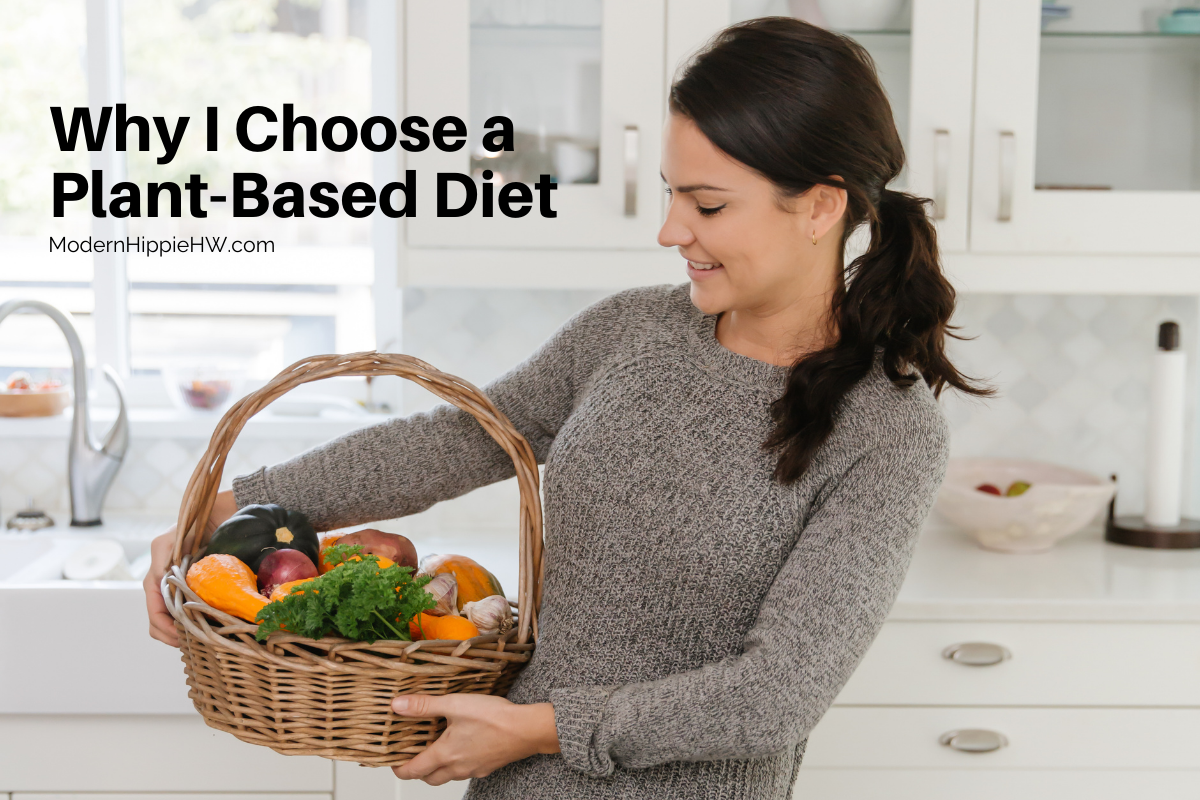Why I Choose a Plant-Based Diet

But why go plant-based? These are my motivating factors...
Compassion for Animals
There is nothing humane about the process of killing an animal - factory farms being the worst offenders. I believe something doesn't have to die for us to live. After you've watched some video footage on slaughterhouses and the dairy and egg industry, you'll understand. The whole system is absolutely twisted, and I just hate the idea that I'm funding the abuse of innocent animals. Facts about factory farming:
- Four or more egg-laying hens are packed into a battery cage, a small wire enclosure that none can spread her wings. Being held in such close confines, the hens peck at each other's feathers and bodies.
- Pregnant sows spend each of their pregnancies confined to a gestation crate—a metal enclosure that is scarcely wider and longer than the sow herself. Unable to even turn around, sows develop abnormal behaviours and suffer leg problems and skin lesions.
- In factory dairies, cows spend their entire lives confined to concrete. Some cows are injected with rBGH's growth hormone to boost production, leading to lameness and mastitis, an udder's painful infection.
- To facilitate confinement of these animals in such stressful, crowded, unsanitary conditions, painful mutilations like cutting off the horns of cattle, cutting off the beaks of chickens, and docking the tails of sheep, pigs, and dairy cattle are routinely performed.
Netflix movie to follow up with: Forks Over Knives
Eating Plant-Based is better for your health!
There is simply NO denying it - the evidence is there - a vegetarian or vegan diet is better for your health than high meat, specifically a red meat diet. Vegetarian diets have been shown to support health, including a lower risk of developing coronary heart disease, certain types of cancer, high blood pressure, diabetes, and increased longevity. (Source)Netflix movie to follow up with: Game Changers
Plant-Based diets are better for the environment.
The environmental impact of meat consumption is staggering, contributing to climate change, pollution, deforestation, depleting freshwater reserves and contaminating and over-fishing our oceans. Some stats:
- In the United States alone, 56 million acres of land are used to grow feed for animals, while only 4 million acres produce plants for humans to eat.
- More than 90% of all Amazon rainforest land cleared since 1970 is used for grazing livestock.
- The livestock industry contributes to global climate change, contributing between 12% and 18% to GHG emissions. (source)
- 1 kg of protein from beef needed 18 times more land, ten times more water, nine times more fuel, 12 times more fertilizer, and ten times more pesticides than the same amount of proteins obtained from kidney beans.
- Vegetarian and vegan diets have a much smaller environmental footprint: a diet that incorporates beef meet regularly showed the highest carbon footprint (3160 kg CO2eq). Vegetarian and vegan diets had the lowest carbon footprint (55 and 1015 kg CO2eq, respectively) (source).
Netflix movie to follow up with: Cowspiracy
Eating meat can cause viral infections and global pandemics.
Consumption of meat – especially wild meat – is related to virus infections, as many viruses have been found in wild meat trade markets (source).We are living it, folks - there is an urgent need to change our dietary habits to avoid zoonosis, which could cause another global pandemic again sooner than late.
Personal conclusion
When you're used to thinking and cooking a certain way, change is not easy; we are creatures of habit. There's no judgment coming from here because I am certainly NOT perfect.I cheat, but I try, and I continue to educate myself on meat consumption's health and environmental impact. I also continue to educate myself in the kitchen by trying new vegan recipes weekly (last week, I made these fantastic vegan spanakopitas) while passing on my knowledge to my children to form new habits for the next generation. If your mental health isn't the best, it may not be on the top of your priority list right now. But when you're ready, all I'm suggesting is try your best and don't turn a blind eye to the facts - even going two-thirds vegan can cut carbon emissions by 60%! (source)

